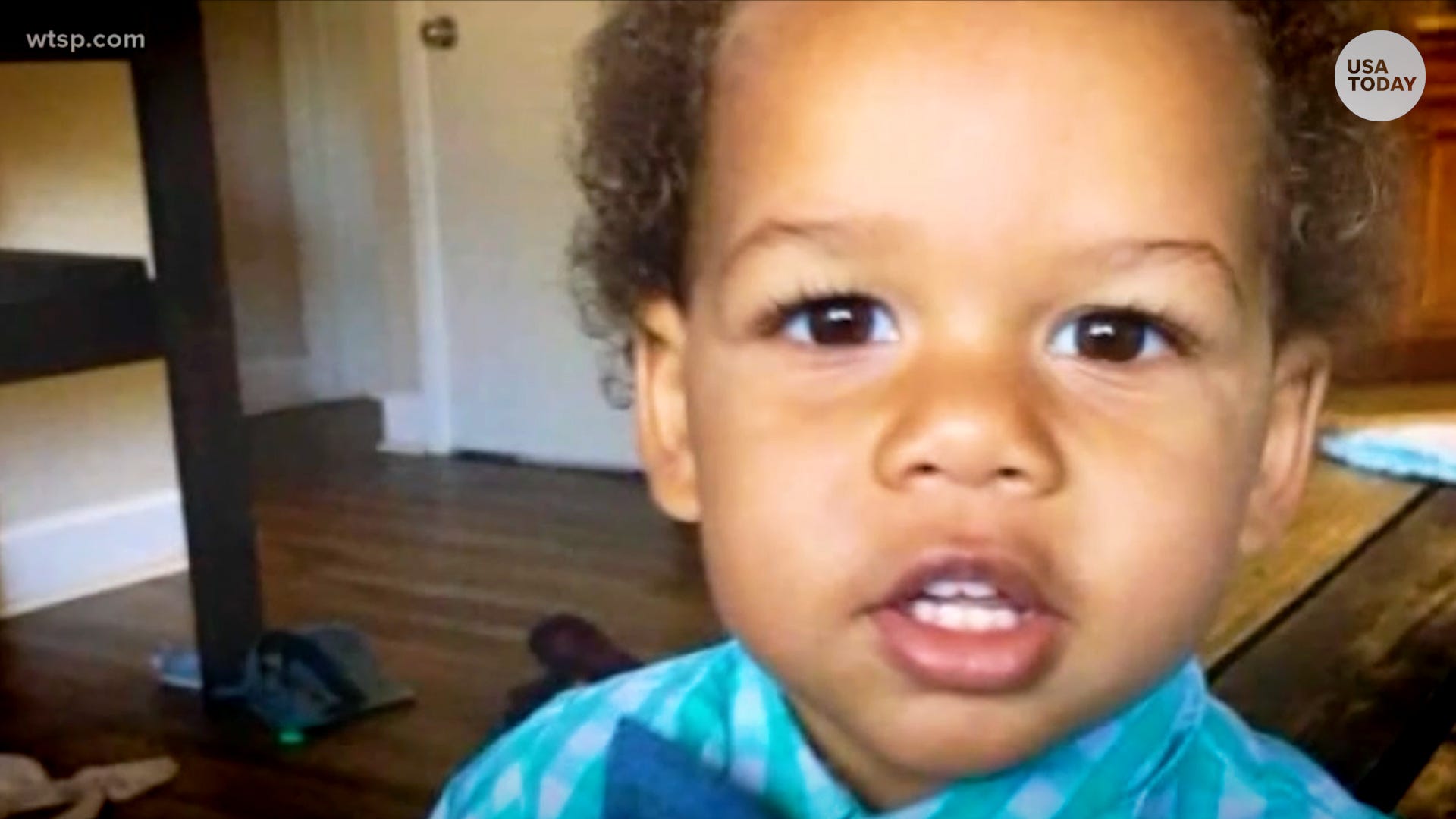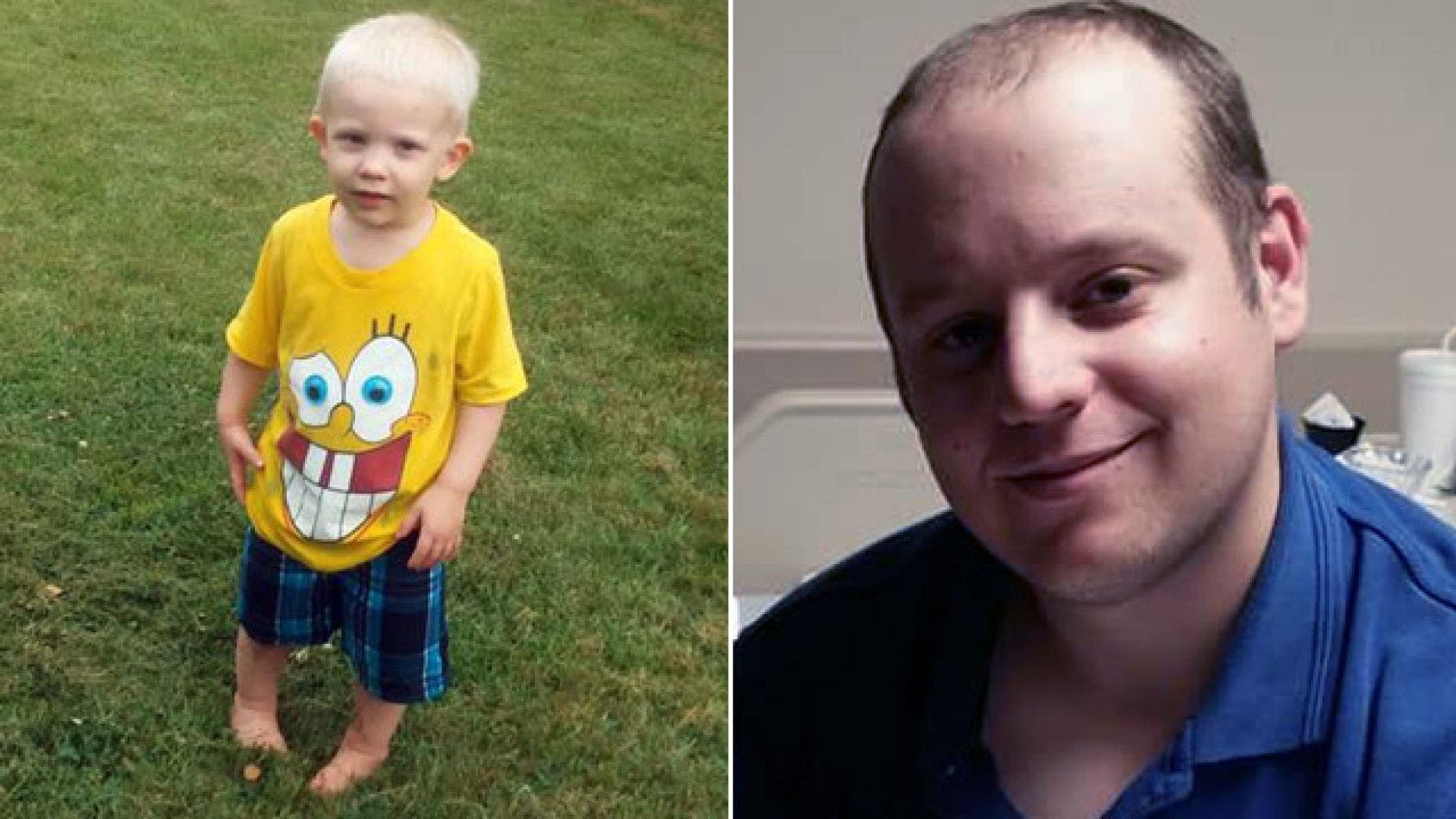Understanding The Shocking Incident: 10-Year-Old Kills Baby
The world was left in disbelief after a shocking incident involving a young child taking the life of a baby. This tragic event has sparked widespread discussions about child psychology, societal influences, and the need for preventive measures. The phrase "10-year-old kills baby" has become a chilling reminder of the complexities surrounding childhood behavior and its consequences.
This incident is not just a news headline; it represents a broader issue that affects communities worldwide. It challenges us to rethink how we approach child development, mental health, and the environments we create for our children. Understanding the factors that contribute to such extreme behavior is crucial for preventing similar incidents in the future.
In this article, we will delve into the details of this tragic event, exploring the psychological, social, and environmental factors that may have played a role. We will also examine the broader implications and discuss potential solutions to address this growing concern. By the end of this article, readers will have a comprehensive understanding of the issue and actionable insights to promote safer communities.
Read also:Exploring The Cast Of Spenser Confidential A Deep Dive Into The Stars Behind The Scenes
Table of Contents
- Incident Overview
- Biography of the Child Involved
- Psychological Factors Contributing to the Incident
- Social Influences and Environmental Factors
- Legal Ramifications and Proceedings
- Community Response and Support
- Prevention Strategies and Early Interventions
- Parental Responsibility and Guidance
- Mental Health Awareness and Support
- Future Perspectives and Recommendations
Incident Overview
The incident involving a 10-year-old child killing a baby has sent shockwaves through communities worldwide. Such events are rare but deeply disturbing, raising questions about the circumstances that led to this tragedy. According to reports, the child acted in a manner that was both unexpected and alarming, leaving families and experts alike searching for answers.
Key Details of the Event
Reports indicate that the incident occurred in a seemingly ordinary setting, highlighting the unpredictability of such occurrences. The child in question, who remains unnamed due to legal protections, acted without apparent provocation. Below are some key points about the incident:
- Location: A residential neighborhood
- Time: Late afternoon
- Circumstances: The child was left unsupervised with the baby
Biography of the Child Involved
To better understand the circumstances surrounding the incident, it is essential to examine the background of the child involved. While privacy laws protect the identity of minors, certain details can provide insight into the situation.
Biographical Data
| Attribute | Details |
|---|---|
| Age | 10 years |
| Gender | Not disclosed |
| Family Background | Reportedly from a stable household |
| School Performance | Average |
| Behavioral History | No prior records of violence |
Psychological Factors Contributing to the Incident
Psychologists have long studied the development of violent behavior in children. While most children exhibit aggressive tendencies during certain developmental stages, severe acts of violence are rare. The incident involving the 10-year-old killing a baby raises questions about potential psychological factors.
Common Psychological Indicators
- Undiagnosed mental health conditions
- Exposure to violent media
- History of trauma or abuse
Research from reputable sources, such as the American Psychological Association (APA), suggests that early intervention is critical in identifying and addressing these issues. By recognizing warning signs, parents and educators can take proactive steps to prevent tragic outcomes.
Social Influences and Environmental Factors
Social and environmental factors play a significant role in shaping a child's behavior. The incident involving the 10-year-old killing a baby highlights the importance of creating supportive environments for children.
Read also:Mark Rober Girlfriend Unveiling The Life And Journey Of A Tech Gurus Partner
Key Social and Environmental Influences
- Peer interactions
- Parental supervision
- Community support systems
According to a study published in the Journal of Child Psychology and Psychiatry, children who lack positive social connections are more likely to exhibit aggressive behavior. Ensuring that children have access to supportive networks can significantly reduce the risk of violent incidents.
Legal Ramifications and Proceedings
Legal systems worldwide face challenges when dealing with juvenile offenders, especially in cases involving extreme violence. The incident involving the 10-year-old killing a baby has prompted discussions about the appropriate legal responses for such cases.
Legal Considerations
Countries have varying approaches to handling juvenile crimes. Some focus on rehabilitation, while others emphasize accountability. In this case, legal experts are evaluating the best course of action to address the needs of the child and the community.
Community Response and Support
Communities play a vital role in responding to incidents involving children. The tragedy of the 10-year-old killing a baby has prompted widespread support for both the victim's family and the child involved.
Support Systems in Place
- Counseling services for affected families
- Community outreach programs
- Education initiatives to prevent future incidents
By fostering a sense of community and providing resources, societies can work together to create safer environments for all children.
Prevention Strategies and Early Interventions
Preventing incidents like the one involving the 10-year-old killing a baby requires a multifaceted approach. Early intervention and education are key components in reducing the likelihood of violent behavior in children.
Effective Prevention Strategies
- Parental education programs
- Access to mental health services
- Community-based initiatives
Research from the World Health Organization (WHO) emphasizes the importance of early identification and intervention in addressing behavioral issues in children. By implementing these strategies, communities can promote healthier development for all children.
Parental Responsibility and Guidance
Parents play a crucial role in shaping their children's behavior and development. The incident involving the 10-year-old killing a baby underscores the importance of parental involvement and guidance.
Key Parental Responsibilities
- Supervising children's activities
- Modeling positive behavior
- Encouraging open communication
Parental involvement is a critical factor in preventing violent behavior in children. By fostering strong relationships and providing consistent support, parents can help their children navigate challenges and make positive choices.
Mental Health Awareness and Support
Mental health awareness is essential in understanding and addressing the root causes of violent behavior in children. The incident involving the 10-year-old killing a baby highlights the need for increased access to mental health resources.
Mental Health Resources
- Counseling services
- Therapeutic programs
- Support groups
Organizations like the National Institute of Mental Health (NIMH) provide valuable resources for parents and educators seeking to support children's mental health. By increasing awareness and access to these resources, communities can promote healthier development for all children.
Future Perspectives and Recommendations
Looking ahead, it is essential to focus on preventive measures and education to reduce the likelihood of similar incidents. The tragedy involving the 10-year-old killing a baby serves as a poignant reminder of the need for action.
Key Recommendations
- Expand access to mental health services
- Implement community-based prevention programs
- Promote parental education and involvement
By working together, communities can create safer, more supportive environments for children. It is our collective responsibility to ensure that every child has the opportunity to grow and thrive in a nurturing environment.
Conclusion
The incident involving the 10-year-old killing a baby is a tragic reminder of the complexities surrounding childhood behavior and its consequences. By examining the psychological, social, and environmental factors involved, we can gain a deeper understanding of the issue and take steps to prevent similar incidents in the future.
We invite readers to share their thoughts and experiences in the comments section below. Additionally, we encourage you to explore other articles on our site for more insights into child development and mental health. Together, we can make a difference in promoting safer, healthier communities for all children.


